Hybrid Vehicles: Step by step affirming their position in Vietnam
Hybrid cars, which combine a gasoline engine and an electric motor, have been around since 1997. However, they have not grown rapidly due to a lack of investment from automakers. There are many variations of hybrids, including pure hybrids, mild hybrids, plug-in hybrids and range extender hybrids.
In Vietnam, the first hybrid cars such as Toyota Prius (2007) and Lexus RX450h (2009) appeared as market probes. Currently, Toyota is still the leading brand with many hybrid models, from Yaris Cross, Corolla Altis, to Camry and Innova Cross. In addition, luxury car brands such as Lexus, BMW, Audi and Porsche have also joined the Vietnamese market with hybrid cars.
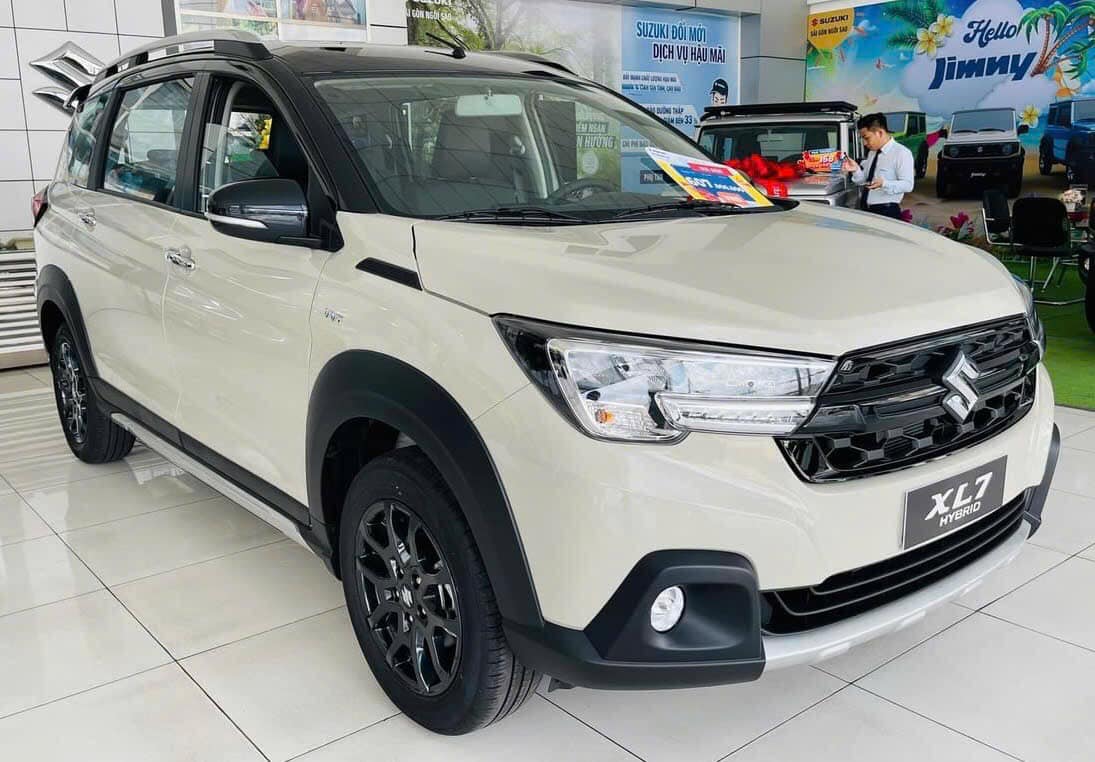
Hybrid engine vehicles have slow development steps due to lack of investment attention from manufacturers.
The popularity of hybrid cars is not limited to luxury car brands but has also spread to popular brands such as Honda CR-V, KIA Sorento, Suzuki XL7 and Nissan Kicks. This proves that hybrid cars are increasingly receiving attention from Vietnamese consumers thanks to their fuel economy, a strength that gasoline cars cannot do. On average, hybrid cars have a fuel consumption of about 50% lower than versions using traditional internal combustion engines.
Advantages and challenges of Hybrid vehicles
One of the main advantages of hybrid cars is their fuel economy. In addition, they do not require the user to change their driving habits like electric cars, which need to be charged regularly.
Notably, some models like the Nissan Kicks use the gasoline engine only to charge the battery, while the electric motor takes over the transmission. This helps consumers not have to worry about finding a charging station – one of the major barriers to electric vehicles.
However, hybrid cars still face some challenges. The selling price of this type of car is significantly higher than that of gasoline cars, up to hundreds of millions of VND. This makes many consumers consider when deciding to buy a car.
Can Hybrid Cars Make It Difficult for Electric Cars?
Currently, electric cars are receiving many incentives from the Government to encourage people to switch to this type of vehicle, contributing to the commitment to reduce net emissions to zero by 2050.
From March 1, 2022, electric car buyers will be exempted from 100% of registration fees for three years and reduced by 50% for the next two years. In addition, the special consumption tax on electric cars has also been reduced from 15% to 3%, making this car line more attractive in terms of price.
These incentives have boosted electric vehicle sales over the past two years, with new electric vehicle brands entering the market such as Wuling, Haima, BYD and soon Aion. However, the charging station system in Vietnam is still quite limited, making consumers not fully ready to switch to electric cars.
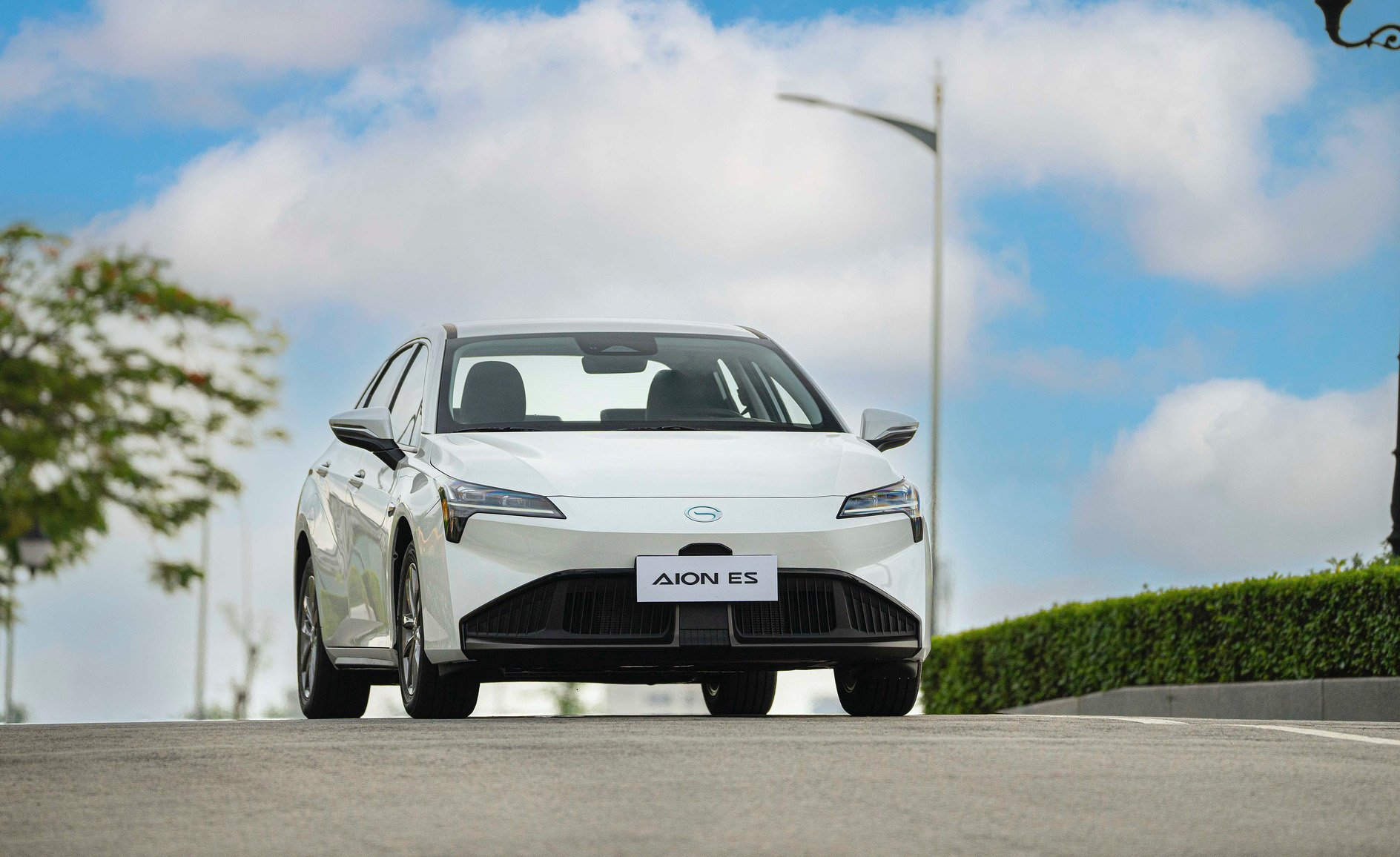
Electric cars receive many support policies from the Government
On the other hand, hybrid vehicles have not yet received strong support from the Government and are still subject to the same registration fees and taxes as gasoline vehicles. However, in the Draft Strategy for the Development of the Vietnamese Automobile Industry to 2030, with a vision to 2045, the Ministry of Industry and Trade has proposed policies to reduce registration fees for hybrid and electric vehicles to promote the development of this type of vehicle.
If this proposal is approved by the National Assembly , hybrid cars will have the opportunity to compete directly with electric cars, especially when consumers are not yet fully ready to switch to electric cars due to changes in usage habits. Hybrid cars, with the advantages of fuel economy and no need to charge, can become a more attractive option for Vietnamese users, especially in the period when charging station infrastructure is not widely developed.
The Future of Hybrid and Electric Vehicles in Vietnam
According to the Ministry of Industry and Trade, by 2030, automobile production and consumption in Vietnam are expected to grow at an average rate of 14-16% per year, of which electric and hybrid vehicles will account for 18-22% of total consumption. If preferential policies for hybrid vehicles are implemented, the Vietnamese automobile market will witness fiercer competition between hybrid and electric vehicles.
Although electric cars are making great strides, hybrid cars with their ability to maintain usage habits and save fuel are still a potential solution in the transition to clean energy vehicles. Which car model consumers choose depends largely on the support policies from the Government and the level of development of electric charging infrastructure in the future.
Source: https://www.congluan.vn/xe-hybrid-moi-o-at-ve-viet-nam-lieu-du-suc-lam-kho-xe-dien-post314140.html




![[Photo] Prime Minister Pham Minh Chinh chairs a meeting on the implementation of the Lao Cai-Hanoi-Hai Phong railway project.](https://vphoto.vietnam.vn/thumb/1200x675/vietnam/resource/IMAGE/2025/5/20/0fa4c9864f63456ebc0eb504c09c7e26)



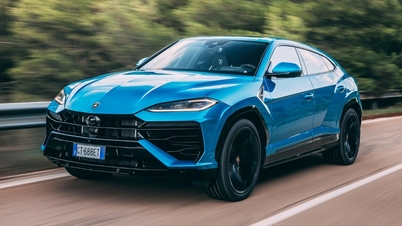





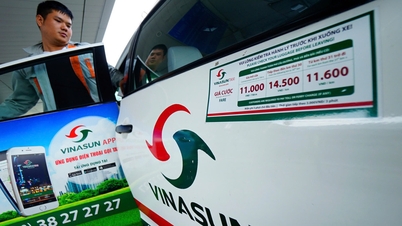
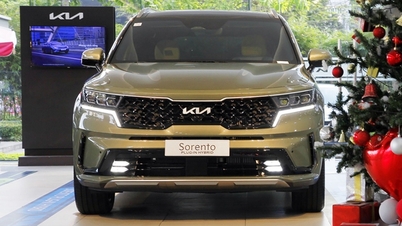

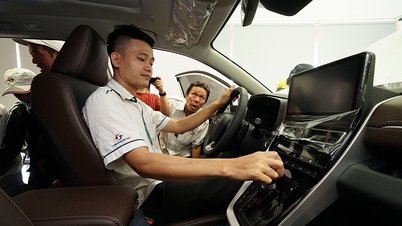



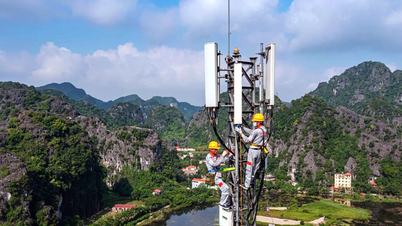




















































































Comment (0)